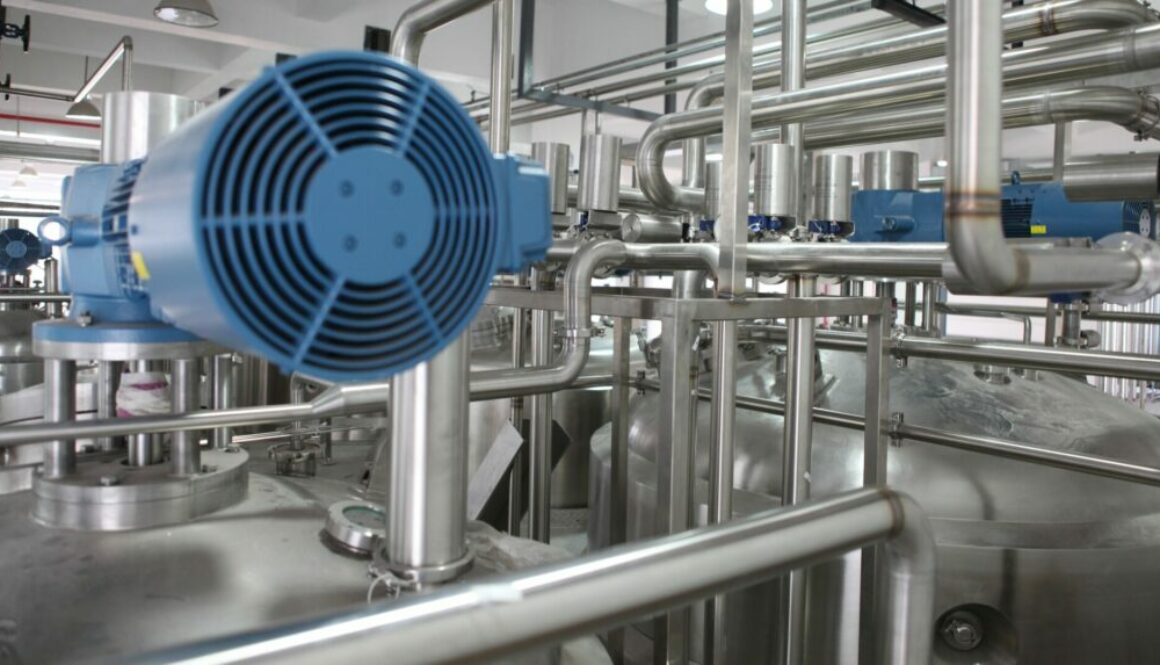Understanding the Advantages of Industrial Heat Pumps for Energy Savings
As more businesses look for ways to reduce energy consumption and lower their carbon footprint, industrial heat pumps are becoming an increasingly popular solution. These pumps work by extracting heat from a low-temperature source and transferring it to a high-temperature source, thereby saving energy in the process. In this blog post, we will delve into how industrial heat pumps work and explore their advantages for energy savings. By understanding how these pumps operate, you can better appreciate the many benefits they offer for industries looking to reduce their energy costs and environmental impact.
How Industrial Heat Pumps Work to Save Energy
Industrial heat pumps are able to achieve significant energy savings because of their ability to move heat from a low-temperature source to a higher-temperature one using minimal energy. This is possible because the refrigerant fluid used in the heat pump cycle undergoes a phase change from liquid to gas and back again, absorbing and releasing heat in the process.
This process of absorbing and releasing heat allows industrial heat pumps to provide both heating and cooling functions with the same equipment. In the winter, the heat pump can extract heat from the outdoor air or water and transfer it inside to provide heating, while in the summer, the cycle is reversed to extract heat from inside and reject it outside to provide cooling.
In addition to providing heating and cooling, industrial heat pumps can also recover waste heat from industrial processes. By recovering this waste heat, industrial heat pumps can further reduce energy consumption and increase efficiency. With an extensive background in providing heating and cooling systems to businesses of all size, Arpis North has the experience you need to complete a project and deliver high quality results.
Advantages of Industrial Heat Pumps for Energy Savings
One of the key advantages of industrial heat pumps is their high level of efficiency. Unlike traditional heating and cooling systems, which generate heat or cool air by consuming energy, heat pumps move heat from one place to another using a small amount of energy. This means they can achieve energy savings of up to 70%, which translates to significant cost savings on energy bills. Additionally, because heat pumps operate using a small amount of electricity, they can be powered by renewable energy sources, such as solar or wind power, further reducing their environmental impact.
Another advantage of industrial heat pumps is their longevity. Traditional HVAC systems typically have a lifespan of around 15-20 years, while heat pumps can last up to 25 years or more with proper maintenance. This means lower maintenance costs and fewer replacements over time, making them a cost-effective solution for industrial facilities.
Finally, industrial heat pumps can help businesses meet their sustainability goals. By reducing energy consumption and greenhouse gas emissions, heat pumps can help companies reduce their carbon footprint and improve their environmental impact. This is becoming increasingly important as companies seek to meet sustainability targets and comply with regulations around carbon emissions.
Overall, industrial heat pumps offer a compelling solution for industries seeking to reduce energy costs, improve energy efficiency, and meet their sustainability goals. With their high level of efficiency, longevity, flexibility, and environmental benefits, heat pumps are quickly becoming a popular choice for industrial facilities around the world.
Are you looking to upgrade your heating and cooling systems? Arpi’s North goes above and beyond, believing that trust, respect, and ownership elevate project outcomes. We pride ourselves on our work and do whatever it takes to provide the highest quality finished product. If you are interested in learning more about what we have to offer, contact us today!




